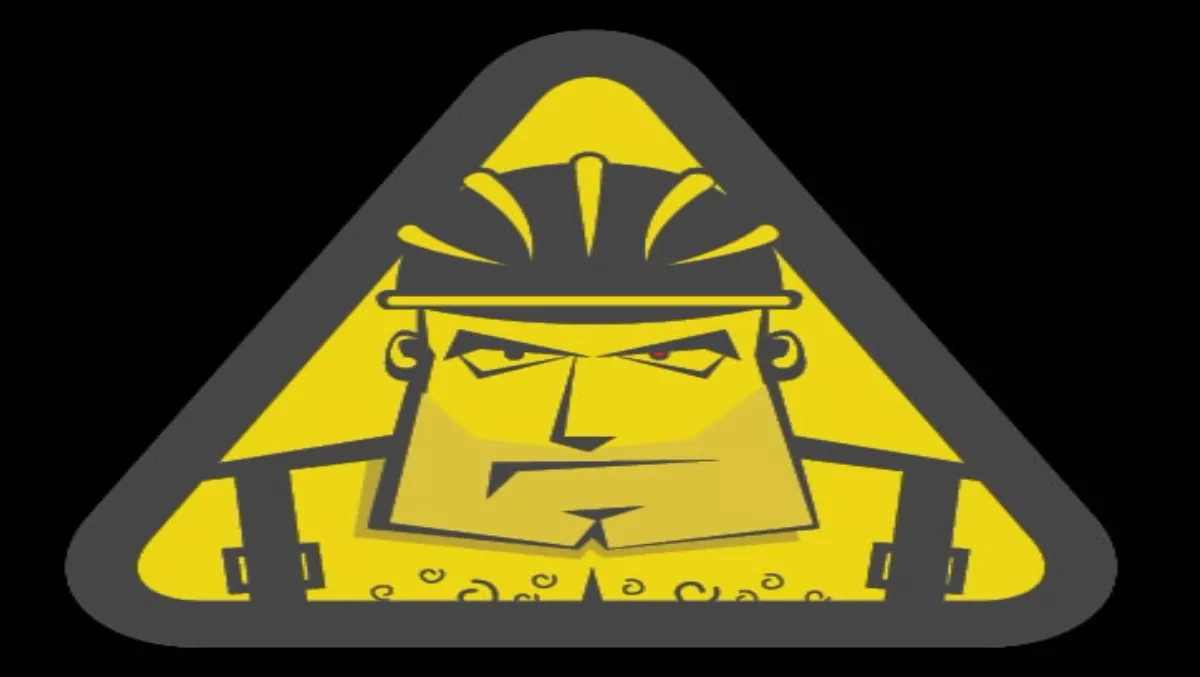
SEO TipsBy Jackson Darlow, JD InnovationSEO (Search Engine Optimisation) can seem like one of the most vague and confusing topics of website design and development. As search engines keep their behaviours a secret and masters of the SEO world build large networks and toolkits to achieve their results, it can seem a mammoth task to effectively optimize your website to rank well in search engine results.Understand the GoalThe goal of Search Engine Optimization is to have your website appear (highly ranked) amongst the search results of users searching via engines such as Google, Yahoo and Bing. Unfortunately because of the competitive nature of the results, the ability to appear in a wide range of search result topics is nearly impossible. The right goal for your website is to have it rank highly within a specific niche or market topic.Pick the Right Niche (Keywords)Making sure that your website has an appropriate and relevant niche is crucial. Think carefully about the best topic that summarizes the content of your website and make sure to use common words that most people will reference your topic by. This niche should be as simple as a few key words.Search for your set of keywords in a search engine to see how popular your topic is. If many results appear and at the top of the list are popular and well made websites, your topic might be too competitive for you to rank well within. If this is the case, try to tailor your keywords to suit a more specific topic. You may add something like the location of your service or business. If you need some ideas, try using a tool like Google’s keyword tool.Your website’s URL should match your chosen keywords. The relevance of Domain names and each page’s URL is taken very seriously by search engines.Understand Search Engine BehaviourSearch engines match your website to commonly searched phrases. They do this by sending out simple web crawlers that bounce between websites using links to continuously navigate their way. As they discover pages, they will collect large amounts of data on each page to send back to their search engine. The data they collect includes how they reached your website, how many different ways they reached it, what topic branches they used to find it and what words and content they found on your website.Fill in the Best Meta DataIn the header of each website there is a set of ‘meta tags’ which can be used to specify important information about the website that will mostly only be seen by crawlers and not visitors. Inside these meta tags are some great places to input your chosen keywords. The best meta tags to start with are the keywords, description and title tags. Research all the meta tags available for you to use and populate each one with a balance of your well chosen keywords and the topics of the website page.Build a Great Website StructureA well structured website will allow web crawlers to easily discover what content defines your website and its topic. Become familiar with the correct HTML content structure for header, paragraph and anchor tags. Use header tags to specify exactly the topics found on each page and populate them with your keywords. The ‘H1’ header tag is considered the most authoritative and should only appear once per page. Paragraph tags outline descriptive areas of the website; try to use words that match your niche topic as you write your website content. Links are powerful for helping visitors and web crawlers to navigate your website. A collection of well written links should form an informative map of your website. You can submit a ‘Sitemap’ of your website to search engines to further illustrate the layout of your site.Collect Links and Satellite ContentSearch engine crawlers take links very seriously. The words found inside the HTML ‘anchor’ tag are often considered to be the topic of that link. As web crawlers find links on your website and links from other websites to your website, they catalogue the topics written inside each of these links and use those topics to define your site. Satellite content and inbound links are terms used for content and links from other websites which relate to or arrive at your website. You can use many techniques to build up a collection of satellite websites and inbound links. Search engines will gauge how important your website is based on which other websites are relating to it. The more authoritative the satellite site or inbound link, the more important it is.Spend time researching your website’s topic and then explore the web to find related and competing websites. You can refine your niche by discovering how other authoritative websites describe themselves, ask other website administrators to write articles about your website and create links to your website, make comments on other websites where available and submit your website URL wherever you can (including to search engines themselves).Good luck!